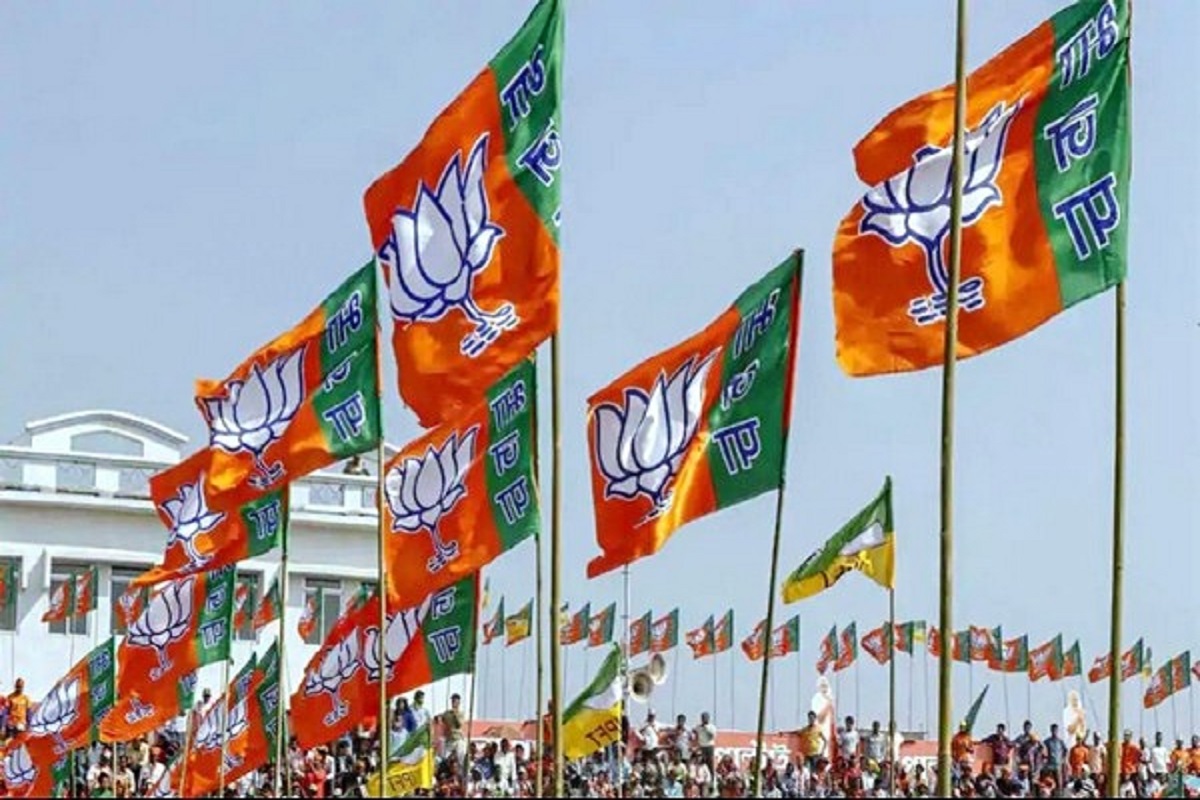In Indian politics, where the warp and weft are often defined by religious fault lines, the BJP’s latest endeavour, the Modi Mitra initiative ~ launched earlier this year ~ that attempts to weave a different narrative, is gaining foothold with Prime Minister Narendra Modi set to address Modi Mitras from 65 Lok Sabha constituencies before the year runs out. Beyond the cacophony of political rhetoric, this outreach ini- tiative signals a nuanced strategy to court the Muslim vote, a demographic historically distant from the party. At the heart of this initiative are the Modi Mitras, foot soldiers enlisted from diverse backgrounds, including educators, entrepreneurs, clerics, and retired govern- ment employees. They traverse the social landscape, engaging in conversations at weddings, tea sessions, and community gatherings, disseminating the BJP’s economic message and extolling the virtues of the Prime Minister’s leadership. In a nation where political allegiance often aligns with religious identity, the BJP’s focus on forging connections across this divide is a noteworthy departure from conventional strategies. The party’s vision for a secular India is encapsulated in its plans to introduce religion-agnostic laws on inheri- tance and gender rights. Such proposals, the BJP hopes, will resonate with underprivileged Muslim vot- ers, particularly women, across 65 crucial Lok Sabha seats. As these Modi Mitras share narratives of welfare policies benefiting all communities, the BJP seeks to shed its image as an anti-Muslim party. However, beneath the veneer of outreach lies a history of allega- tions against some BJP members and affiliates for pro- moting anti-Islamic sentiment. Critics argue that the party’s sporadic attempts to court Muslim support, particularly at the regional level, have been eclipsed by a broader narrative of religious polarisation. The absence of Muslim representation in Mr Modi’s cabi- net further underscores these concerns. The BJP’s web- site contends that secularism in India has transformed into “minority appeasement at the cost of the majori- ty.” This assertion encapsulates the delicate balance the party is attempting to strike between engaging the Muslim electorate and maintaining its core support base. The party’s bid to increase its share of the Muslim vote from 9 per cent to a targeted 16-17 per cent in the upcoming elections underscores the scale of this ambi- tious endeavour.
Yet, the litmus test lies in the sincerity of the BJP’s commitment to inclusivity. While the Modi Mitra ini- tiative focuses on spreading economic messages, it also taps into the specific concerns of marginalised Muslim communities, known as “Pasmanda.” By ad- dressing issues such as a monthly hand-out for under- privileged women and a housing subsidy, the BJP attempts to dispel the notion that its welfare schemes are exclusive to certain demographics. As the political landscape shifts with a newly unified opposition and the setback in Karnataka, the BJP’s outreach may prove pivotal in determining the party’s success in the 2024 elections. The delicate dance between demonising extremists and wooing Muslim voters reflects a nuan- ced strategy that acknowledges the diversity within the Muslim electorate
Advertisement









